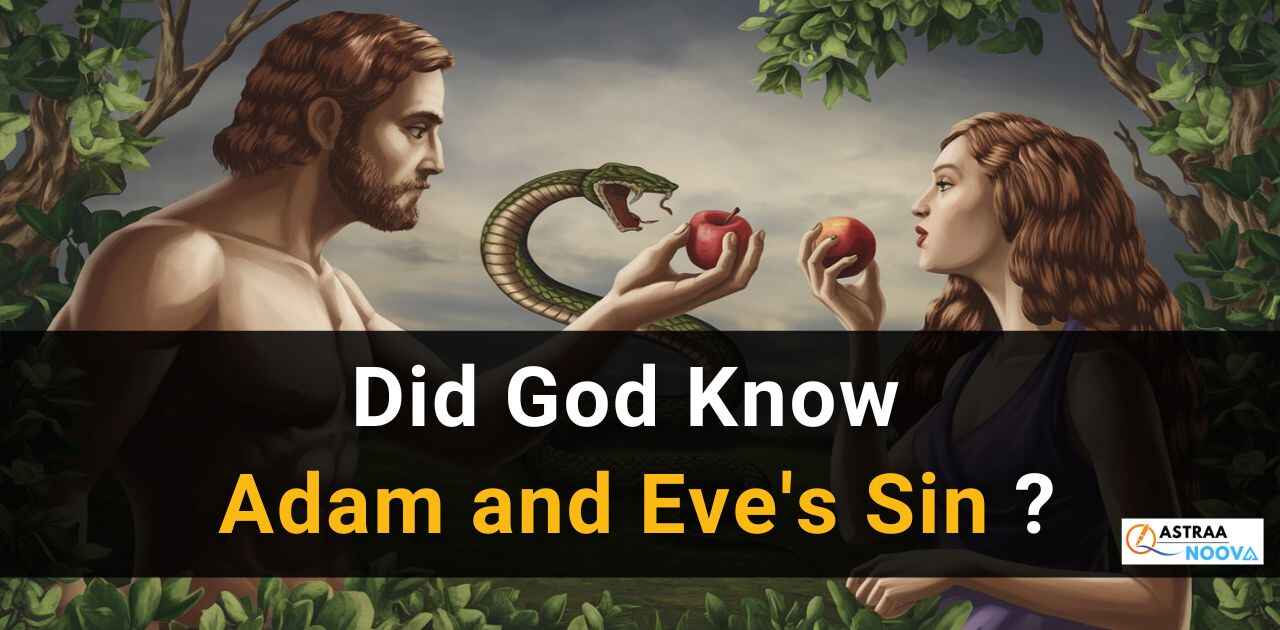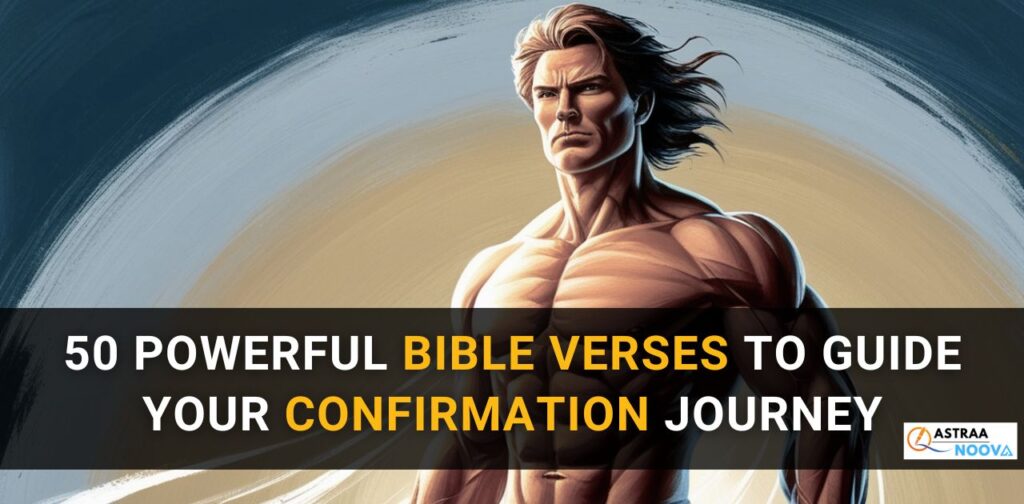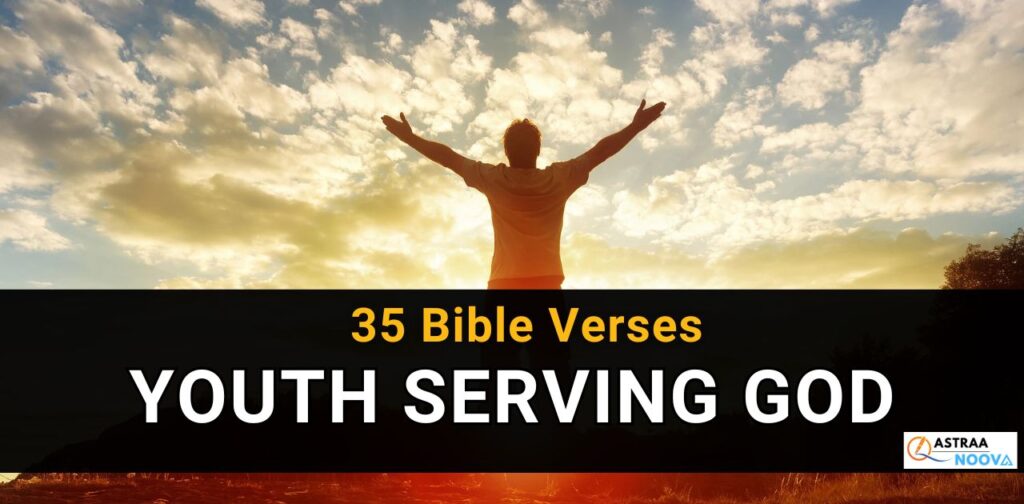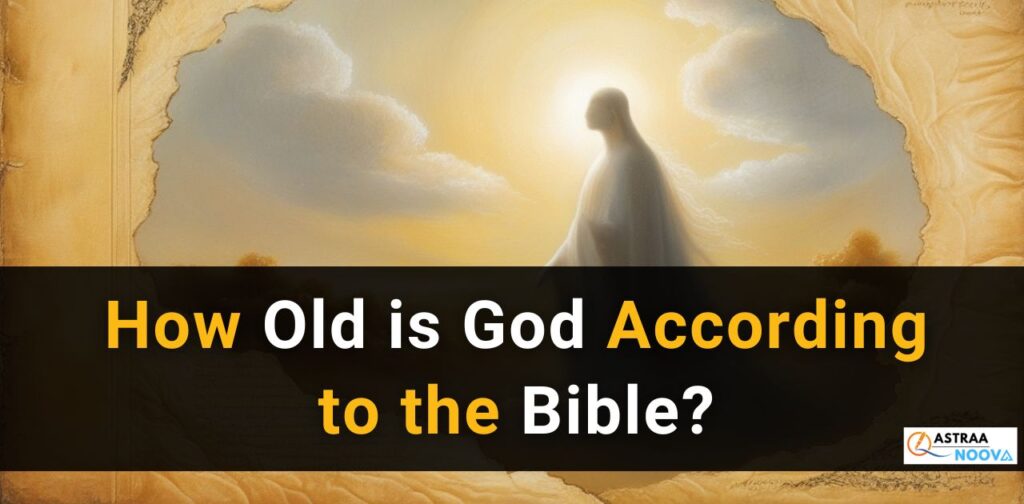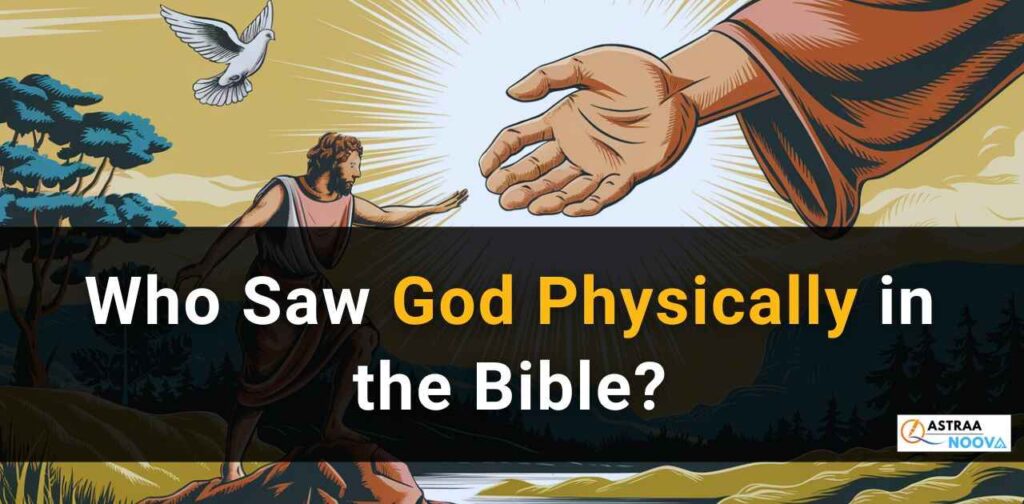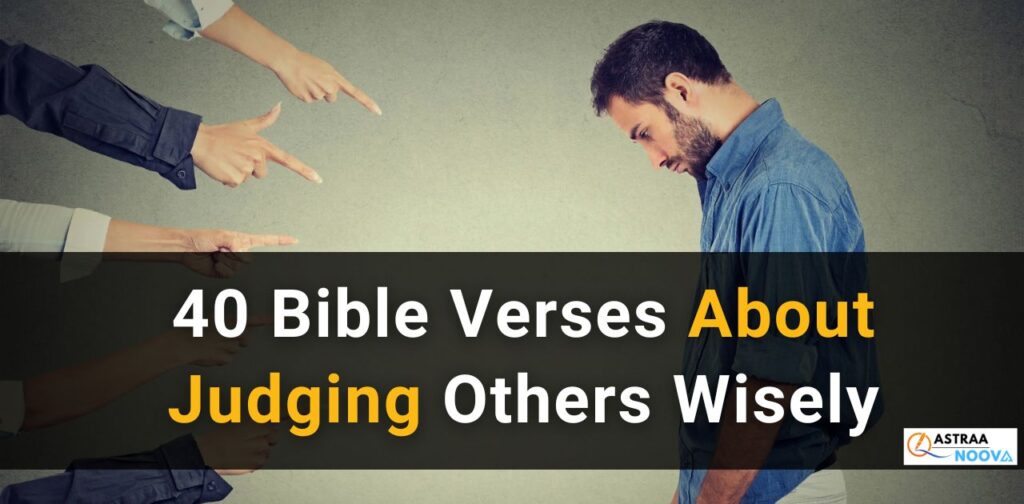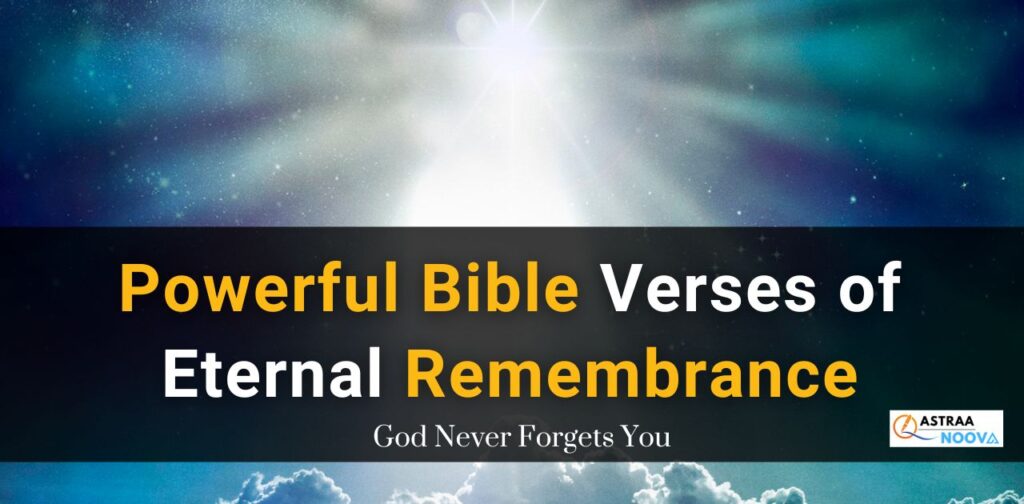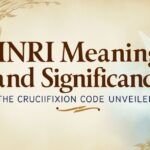Understanding Divine Foreknowledge: A Profound Theological Journey
The story of Adam and Eve represents more than a simple biblical narrative it’s a complex theological puzzle that challenges our understanding of God’s omniscience, free will, and divine sovereignty. When we contemplate the moment of humanity’s first sin, we’re confronted with a profound question: Did God truly know what would transpire in the Garden of Eden?
The Landscape of Divine Understanding
Biblical scholarship reveals a remarkable perspective on this theological mystery. In Romans 11:36, we learn that all things exist for God’s glory including the intricate narrative of human fallibility. The fall of mankind isn’t a surprise to the divine intellect but a carefully orchestrated revelation of God’s complex nature.
God’s Omniscient Perspective: Beyond Human Comprehension
Biblical omniscience suggests that God possesses complete knowledge of past, present, and future. Psalm 139:1-6 eloquently describes this comprehensive understanding, highlighting how divine foreknowledge transcends human limitations. Consider the profound implications:
God knew everything about Adam and Eve’s potential choices before they were even created.
The Intricate Dance of Free Will and Divine Plan
The theological concept of concurrence becomes crucial in understanding this divine-human interaction. The Westminster Confession of Faith beautifully articulates how God’s sovereign will operates simultaneously with human choices without compromising individual freedom.
The Purpose of the Fall: Revealing Divine Attributes

Adam and Eve’s decision to disobey wasn’t merely a mistake but a strategic moment in revealing God’s multifaceted nature. Through their sin, we witness:
- God’s mercy in not immediately destroying humanity
- Divine grace in providing covering for their shame
- The ultimate plan of redemption through Jesus Christ
Theological Perspectives on Sin and Redemption
The biblical narrative can be understood through three transformative stages:
- Paradise (Genesis 1-2)
- Paradise Lost (Genesis 3-Revelation 20)
- Paradise Regained (Revelation 21-22)
Read Also : Was Jesus Black, White, or Middle Eastern? Unveiling the True Race of Jesus
The Cross: Ultimate Demonstration of Divine Strategy
Christ’s crucifixion stands as the centerpiece of God’s eternal plan. At this moment, divine justice, mercy, and love intersect dramatically.
1 John 4:9 powerfully captures this:
“This is how God showed his love among us: He sent his one and only Son into the world that we might live through him.”
Understanding Divine Complexity
The theological implications are profound. God’s foreknowledge doesn’t negate human responsibility but demonstrates a sophisticated divine strategy that ultimately glorifies His nature.
Practical Implications for Christian Faith
Believers can find comfort in understanding that:
- God is not the author of sin
- Human choices remain genuinely free
- Divine plans transcend human understanding
Addressing Common Theological Questions
Christians often wrestle with understanding how a loving God could allow sin to enter the world. The answer lies in recognizing that through humanity’s fall and redemption, God’s attributes become magnificently visible.
The Broader Narrative of Redemption
From Noah’s preservation to Christ’s ultimate sacrifice, we see a consistent thread of divine grace. Each biblical event reveals another layer of God’s intricate plan for humanity.
Theological Perspectives on Foreknowledge
Different Christian traditions offer nuanced interpretations:
- Protestant views emphasize divine sovereignty
- Catholic perspectives highlight God’s eternal plan
- Evangelical understandings focus on redemptive grace
Conclusion: Embracing the Divine Mystery
The story of Adam and Eve isn’t just a historical account but a profound theological revelation. It demonstrates how God’s foreknowledge operates within a framework of genuine human choice and ultimate divine purpose.
Key Takeaways
- God knew humanity would sin
- The fall reveals divine attributes
- Redemption was always part of the plan
- Human free will remains genuine
Final Reflection: In contemplating the complex relationship between divine omniscience and human choice, we’re invited into a deeper, more nuanced understanding of God’s remarkable nature.
FAQ’s
Did Allah know that Adam would sin?
In Christian theology, God absolutely knew Adam would sin, but this foreknowledge was part of a larger divine plan to demonstrate God’s mercy, justice, and redemptive love.
Why did God create men if he knew he would sin?
God created humanity to reveal His glory, displaying His attributes of grace, mercy, and justice through the narrative of human fall and redemption, ultimately showcasing His comprehensive love.
Did God know Adam would eat the forbidden fruit?
Yes, God’s omniscience means He knew Adam would choose to disobey, but this was not a limitation of human free will but a deliberate part of God’s intricate plan for revealing divine characteristics.
What did God say to Adam when he sinned?
In Genesis, God confronted Adam about his disobedience, demonstrating both divine justice and mercy by providing a covering for their shame and initiating the first promise of redemption.
Did God know that Adam and Eve would sin?
Absolutely. God’s complete foreknowledge means He anticipated their sin, but this was not a defeat but a strategic moment in the broader narrative of salvation and divine revelation.
Why did Allah punish Adam?
God’s punishment was not arbitrary but a demonstration of divine justice, showing the consequences of disobedience while simultaneously revealing a path to redemption through grace.
Did Adam and Eve go to heaven?
Biblical interpretation varies, but their story represents humanity’s fall and the need for redemption, ultimately pointing towards God’s plan of salvation through Jesus Christ.
Why did God allow sin in the world?
God allowed sin to comprehensively reveal His multifaceted nature showcasing His mercy, justice, love, and grace in a way that would be impossible without the context of human rebellion and divine redemption.
Read Also : Who Saw God Physically in the Bible? 8 Amazing Stories

Multilingual faith educator exploring connections between language, spirituality, and dream symbolism.
